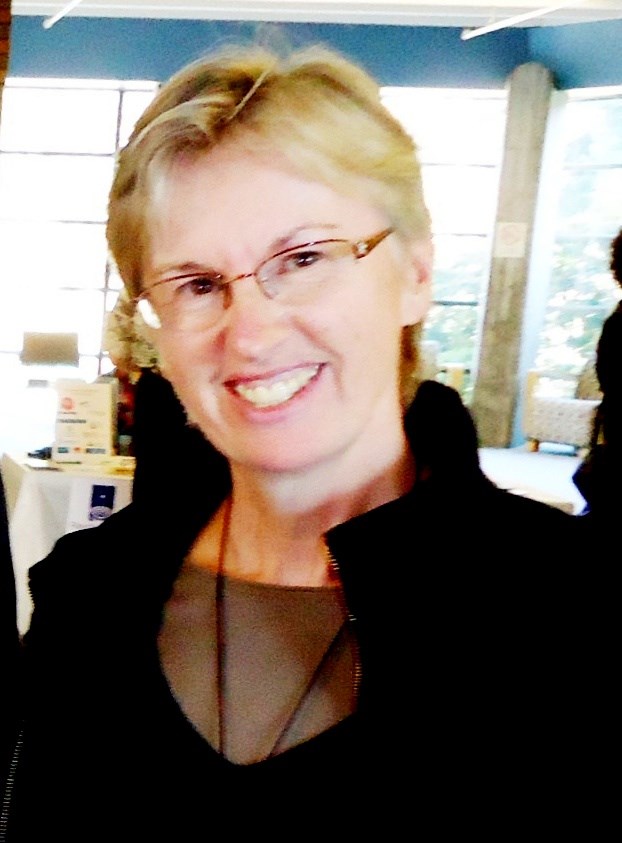For many people in our multicultural society, faith is a core element of identity. Having a basic knowledge of world religions is essential in a society that seeks harmony and mutual understanding.
According to a , 77% of British Columbians support teaching world religions in schools. The executive director of the sa���ʴ�ý Humanist Association, Ian Bushfield, has gone on record in favour of teaching comparative religions/world views, if a discussion of secular moral philosophies is included. Done correctly, greater acknowledgement in the curriculum of our multi-faith reality would be a step forward in building a peaceful world.
It’s essential to have a positive, inclusive attitude if that’s the type of world we want to build. As it says in the, “love and unity come hard when ye fix your gaze on otherness”. Whether we’re teaching children or welcoming strangers from other lands, we focus on their gifts and relationships flourish as a result. People generally tend to relax and reflect the gifts and qualities that are admired.
If there’s to be healing and reconciliation in this world, should we not focus on the positive in faith traditions as well? Aside from recognizing the beauty and wisdom of those traditions and acknowledging faith as another legitimate element of diversity, it would also be a form of inoculation against the distortion of truth that is often at the base of prejudice and hatred.
Not long ago, a small multi-faith group of storytellers offered a presentation to local schools, with traditional tales of generosity and kindness from their faiths: Hindu, Muslim, Baha’i, Buddhist, Christian and Jewish. It was given in the Christ Church Cathedral School to a group of enthralled children who responded with thoughtful questions. The presentation was also offered to district schools but regretfully rejected by an administration fearful of repercussions.
There remains real trauma regarding teaching religion in schools due to past abuses of authority and proselytization of certain beliefs. To teach about religion is quite different from indoctrination or promotion, and care must be taken through adequate teacher training and crafting of the curriculum. Schools in other jurisdictions have successfully done this. It’s possible to familiarize children with other belief systems and make them feel accepted in their own, without any pressure to fit a standard mold or hide a significant piece of who they are.
When we celebrate diversity in all its forms, we can enjoy the entire multitude of flowers in our cultural garden, avoiding uniformity in favor of a deeper unity. The basic moral principle known as the “”, for example, is repeated in different forms in virtually every world religion. The book “Oneness: Great Principles Shared by All Religions”, by Jeffery Moses, lists over sixty such commonly accepted principles.
The two extremes of unquestioning support of religion and total opposition to it are equally hazardous to societal well-being. The “golden mean” would be to share a basic knowledge of the world’s faiths and beliefs with all ages, with accuracy and respect. We need to speak to our children of humanity’s spiritual heritage with openness, curiosity and inclusion, honouring all who make up the rich tapestry of our society.
 Sheila Flood is the Bahá’í board member (bahai.org) and Secretary of the Victoria Multifaith Society, 2006 – 2010 and 2015 to present.
Sheila Flood is the Bahá’í board member (bahai.org) and Secretary of the Victoria Multifaith Society, 2006 – 2010 and 2015 to present.
You can read more articles on our interfaith blog, Spiritually Speaking,
* This article was also published in the print edition of the sa���ʴ�ý on Saturday, June 24 2017


